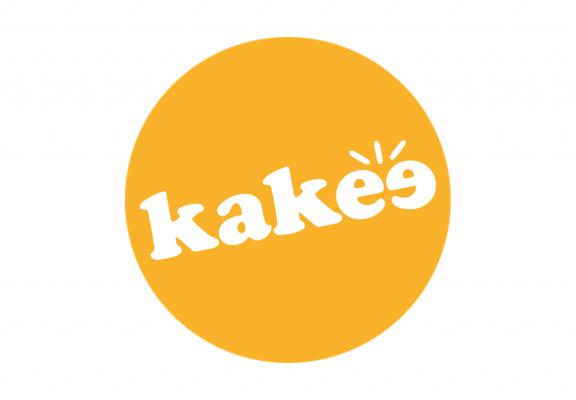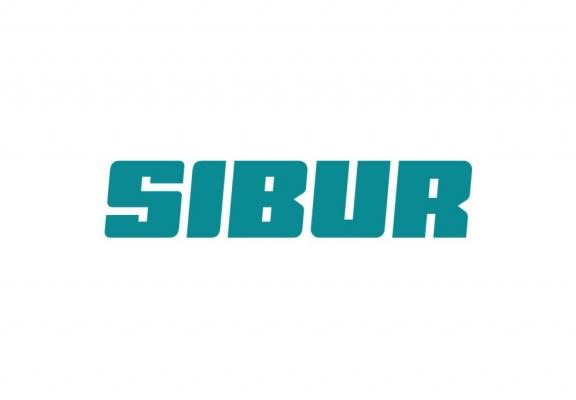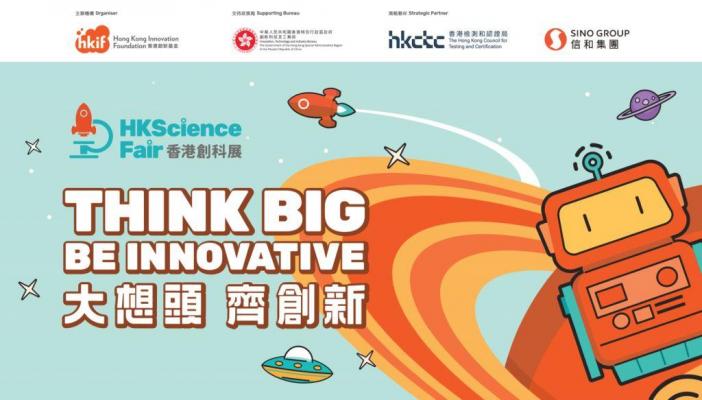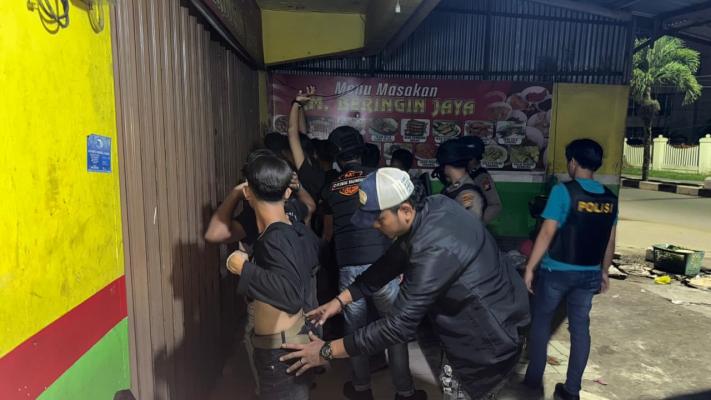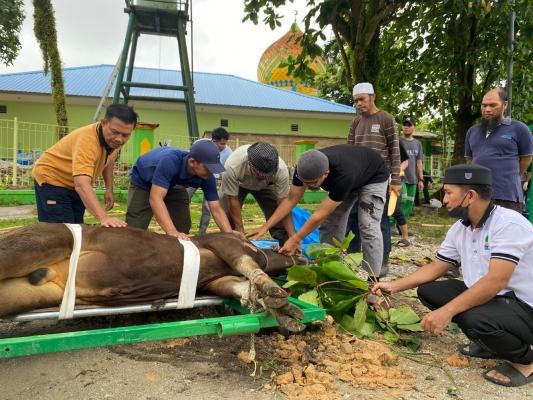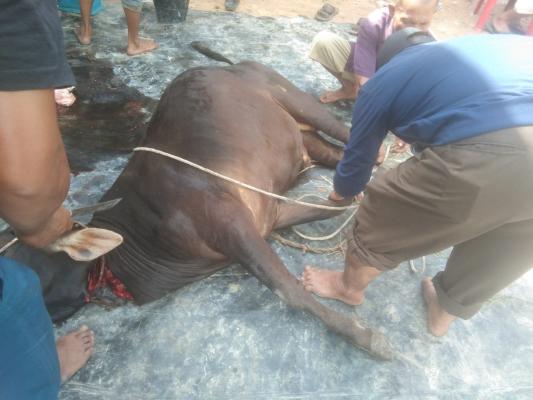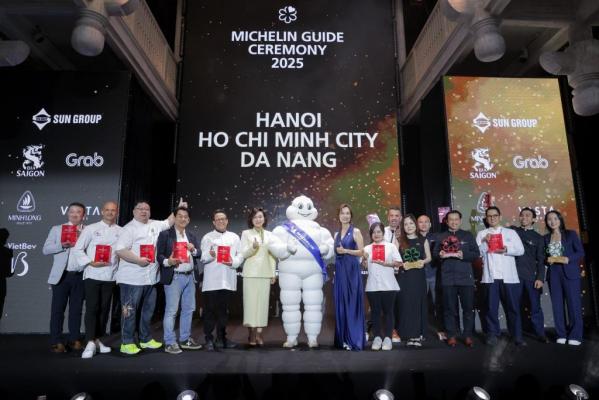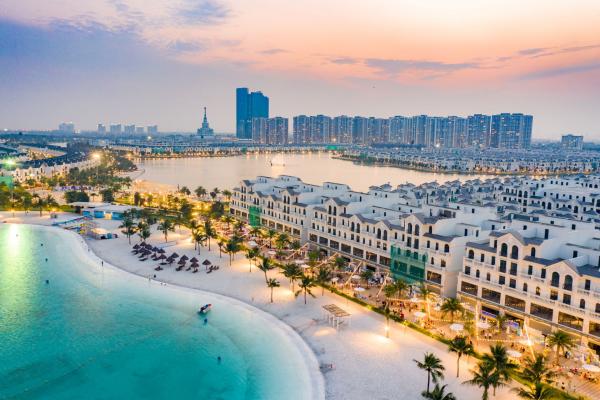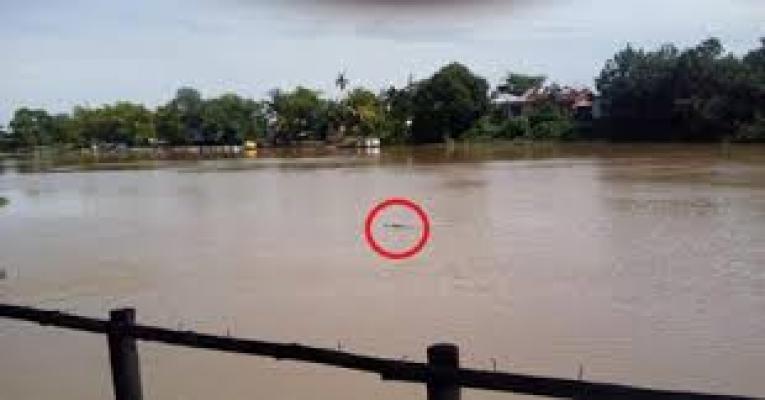- Home
- MediaOutReach
- Vingroup and Gulf States Pursue Sustainability-Led Growth as Legacy Powerhouses Reinvent
Vingroup and Gulf States Pursue Sustainability-Led Growth as Legacy Powerhouses Reinvent
Sabtu, 07 Juni 2025 | 09:47
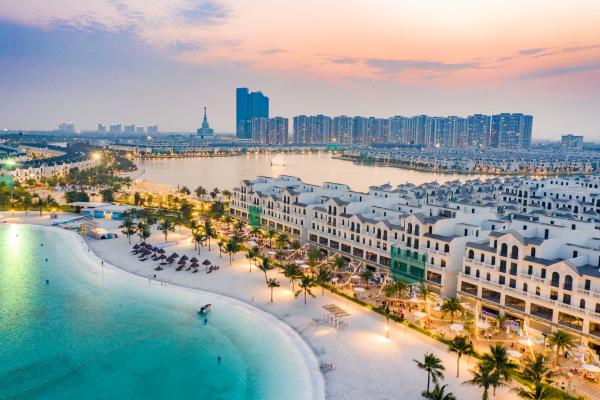
Vinhomes Ocean Park 1 urban area, part of the Vingroup ecosystem
HANOI, VIETNAM -
Media OutReach Newswire
- 6 June 2025 - Vietnam's Vingroup and Gulf nations share parallel
journeys of strategic reinvention, as the old playbooks that delivered
decades of growth are showing their limits. While Gulf countries built
wealth on fossil fuel, Vingroup created enormous value through real
estate and hospitality. Both are now shifting beyond their legacy
sectors: Vingroup focuses on digital innovation and sustainability, and
the Gulf nations seeks to diversify beyond hydrocarbons.
For them, strategic reinvention becomes the logical response. Not disruption for disruption's sake, but calculated transformation grounded in self-preservation and innovation. Their experiences offer valuable lessons on how legacy powerhouses can adapt to structural transformation.
A new growth engine that's not oil
The UAE and Qatar demonstrate how national strategy can drive transformation. The UAE's Net Zero by 2050 initiative links energy policy with investment decisions and foreign relations. Qatar's National Vision 2030 embeds environmental stewardship into economic planning.
More than just being aspirational, these documents translate into concrete investments. For example, the UAE committed over $54 billion to clean energy infrastructure, while Qatar doubled its solar capacity to 1.675 GW by 2025[1], cutting CO₂ emissions significantly.
Sovereign wealth funds play crucial roles. Mubadala and QIA direct capital into clean technology as diversification hedges, treating green investments as strategic portfolio moves that reduce long-term risk while capturing growth opportunities.
A Southeast Asian reinvention
Turning to Southeast Asia, the story Vingroup mirrors many of the same themes of strategic reinvention seen in the Gulf.
Originally a property development powerhouse, the conglomerate diversified into other fields such as electric vehicle production, smart technology, and green manufacturing. VinFast, its automotive arm, delivered over 97,000 electric cars in 2024 and targets 200,000 deliveries in 2025.
In the context of Vietnam aiming to become a high-income country in its "era of national rise", Vingroup functions as a national champion, building the country's first global EV brand while creating jobs and technological capabilities. The company's manufacturing complex in Hai Phong utilizes green practices and scales to serve both domestic and export markets.
The broader ecosystem reflects systematic thinking. VinBus provides electric public transport in major cities. Smart homes in Vinhomes developments showcase energy efficiency. AI and IoT technologies optimize resource use across business lines. Each initiative reinforces the others.
When green visions align
Shared motivations drive collaboration. Both regions face climate urgency, pursue economic resilience, and seek global relevance. Complementary strengths make partnership logical.
For example, the UAE's Masdar built Indonesia's largest floating solar plant[2]. Vingroup's EV arm, VinFast, opened regional showrooms and has signed several MOUs with regional reputable companies. Vietnam and the UAE signed their first trade pact, focusing on technology exchange.
These ties leverage unique strengths: the Gulf states brings capital, energy expertise, and execution; Southeast Asia offers manufacturing, markets, and innovation capacity.
In their collaboration, the Gulf states and Vingroup prove legacy players can align vision and capital for systemic change. Sustainability, when policy-led, becomes a growth pathway. Strategic reinvention turns challenges into advantages.
For them, strategic reinvention becomes the logical response. Not disruption for disruption's sake, but calculated transformation grounded in self-preservation and innovation. Their experiences offer valuable lessons on how legacy powerhouses can adapt to structural transformation.
A new growth engine that's not oil
The UAE and Qatar demonstrate how national strategy can drive transformation. The UAE's Net Zero by 2050 initiative links energy policy with investment decisions and foreign relations. Qatar's National Vision 2030 embeds environmental stewardship into economic planning.
More than just being aspirational, these documents translate into concrete investments. For example, the UAE committed over $54 billion to clean energy infrastructure, while Qatar doubled its solar capacity to 1.675 GW by 2025[1], cutting CO₂ emissions significantly.
Sovereign wealth funds play crucial roles. Mubadala and QIA direct capital into clean technology as diversification hedges, treating green investments as strategic portfolio moves that reduce long-term risk while capturing growth opportunities.
A Southeast Asian reinvention
Turning to Southeast Asia, the story Vingroup mirrors many of the same themes of strategic reinvention seen in the Gulf.
Originally a property development powerhouse, the conglomerate diversified into other fields such as electric vehicle production, smart technology, and green manufacturing. VinFast, its automotive arm, delivered over 97,000 electric cars in 2024 and targets 200,000 deliveries in 2025.
In the context of Vietnam aiming to become a high-income country in its "era of national rise", Vingroup functions as a national champion, building the country's first global EV brand while creating jobs and technological capabilities. The company's manufacturing complex in Hai Phong utilizes green practices and scales to serve both domestic and export markets.
The broader ecosystem reflects systematic thinking. VinBus provides electric public transport in major cities. Smart homes in Vinhomes developments showcase energy efficiency. AI and IoT technologies optimize resource use across business lines. Each initiative reinforces the others.
When green visions align
Shared motivations drive collaboration. Both regions face climate urgency, pursue economic resilience, and seek global relevance. Complementary strengths make partnership logical.
For example, the UAE's Masdar built Indonesia's largest floating solar plant[2]. Vingroup's EV arm, VinFast, opened regional showrooms and has signed several MOUs with regional reputable companies. Vietnam and the UAE signed their first trade pact, focusing on technology exchange.
These ties leverage unique strengths: the Gulf states brings capital, energy expertise, and execution; Southeast Asia offers manufacturing, markets, and innovation capacity.
In their collaboration, the Gulf states and Vingroup prove legacy players can align vision and capital for systemic change. Sustainability, when policy-led, becomes a growth pathway. Strategic reinvention turns challenges into advantages.
BERITA LAINNYA
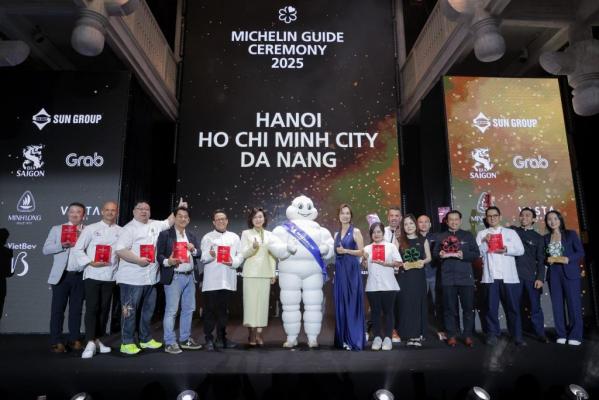
Sabtu, 07 Juni 2025 | 09:48

Sabtu, 07 Juni 2025 | 09:47
Sabtu, 07 Juni 2025 | 09:47

Sabtu, 07 Juni 2025 | 09:46
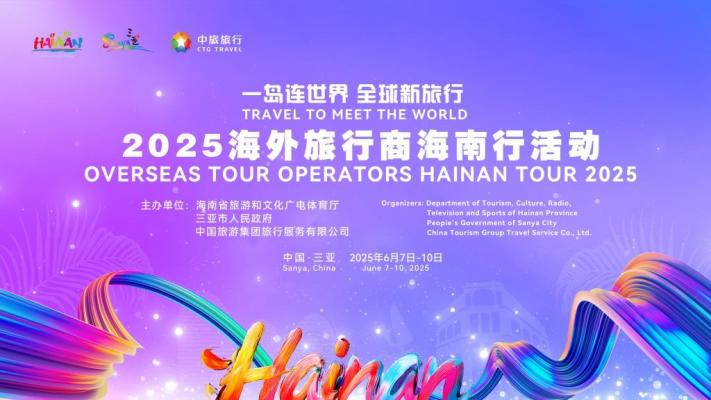
Sabtu, 07 Juni 2025 | 09:45
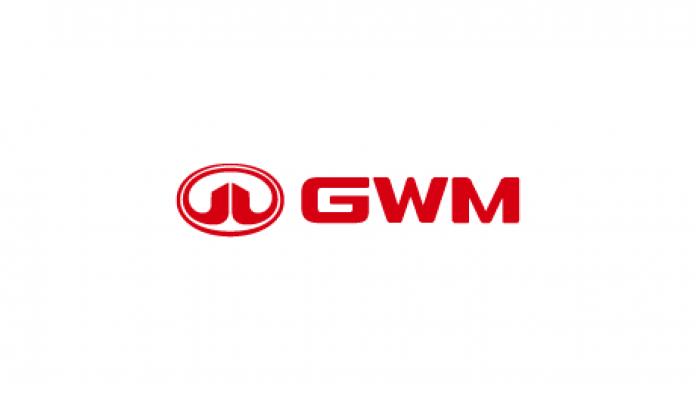
Sabtu, 07 Juni 2025 | 09:45

Jumat, 06 Juni 2025 | 10:08

Jumat, 06 Juni 2025 | 10:07



